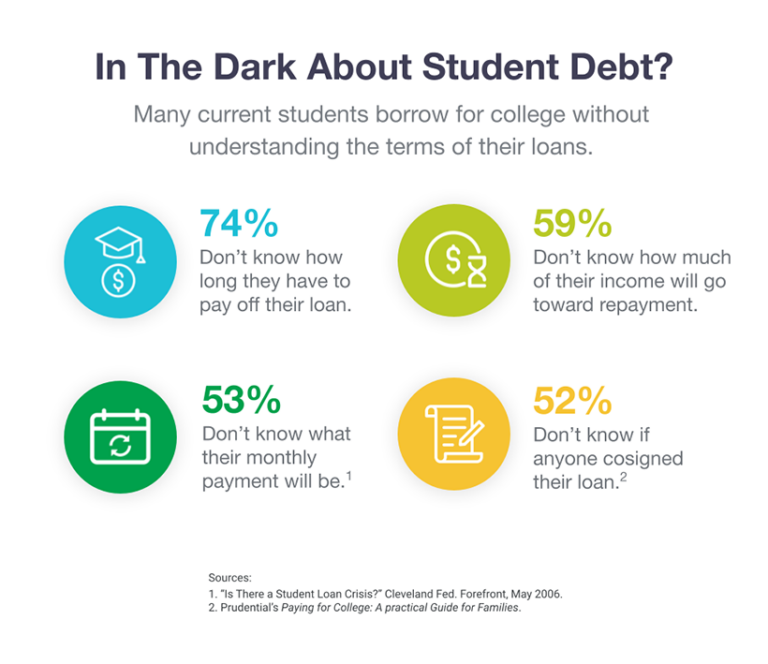Analyzing Trump's "Bromances": His Relationships With Arab Leaders

Table of Contents
The Trump-MBS Relationship: A Strategic Partnership?
The relationship between Donald Trump and Mohammed bin Salman (MBS), the Crown Prince of Saudi Arabia, was arguably the most prominent example of a close, albeit controversial, alliance during Trump's presidency. This bond significantly shaped US foreign policy in the Middle East.
Economic Ties and Arms Deals
The Trump administration oversaw a substantial increase in arms sales to Saudi Arabia, generating significant economic benefits for the US. These deals included advanced weaponry and military technology, strengthening Saudi Arabia's military capabilities. However, these sales attracted heavy criticism due to concerns about human rights abuses in Saudi Arabia and the ongoing humanitarian crisis in Yemen, fueled in part by the Saudi-led coalition.
- Increased oil production: The relationship fostered cooperation on global oil markets, with Saudi Arabia playing a key role in influencing oil prices.
- Investment deals: Significant investment flows between the US and Saudi Arabia further cemented the economic partnership.
- Controversy over Khashoggi assassination: The murder of Jamal Khashoggi, a Saudi journalist, cast a long shadow over the relationship, raising questions about the US's commitment to human rights in its foreign policy dealings.
Shared Interests and Regional Stability
A key driver of the Trump-MBS relationship was a shared concern about Iran's regional influence. Both leaders viewed Iran as a destabilizing force and pursued policies aimed at containing its power. This common ground led to increased counter-terrorism cooperation and shaped US policy towards the Iran nuclear deal.
- Iran containment strategy: The US and Saudi Arabia collaborated on strategies to counter Iran's activities in the region, including its ballistic missile program and support for proxy groups.
- Counter-terrorism cooperation: The partnership involved intelligence sharing and joint military exercises aimed at combating terrorist organizations.
- Abraham Accords: The normalization agreements between Israel and several Arab nations, brokered in part by the US, reflected the shared regional goals of Trump and MBS.
Trump's Relations with Other Arab Leaders: A Comparative Analysis
While the Trump-MBS relationship dominated headlines, Trump also cultivated relationships with other Arab leaders, albeit with varying degrees of closeness.
Egypt's Al-Sisi: A Stable Ally?
Trump developed a strong relationship with Egyptian President Abdel Fattah el-Sisi, prioritizing stability and counter-terrorism cooperation. However, concerns regarding human rights abuses under Sisi's regime remained a persistent issue.
- Military aid: The US continued providing significant military aid to Egypt, despite human rights concerns.
- Support for the Egyptian government: Trump publicly expressed support for Sisi, emphasizing the importance of a stable Egypt in the region.
- Human rights concerns: Criticism regarding Egypt's human rights record persisted throughout Trump's presidency, posing a challenge to the relationship.
The UAE and Other Gulf States
Trump fostered close ties with the United Arab Emirates (UAE) and other Gulf states, mirroring the patterns seen in the Saudi relationship, including a focus on economic cooperation and shared strategic goals. These relationships were also strengthened by participation in the Abraham Accords.
- Abraham Accords: The UAE played a key role in the Abraham Accords, demonstrating a shared commitment with the US to regional normalization.
- Economic cooperation: Significant investment and trade relationships were fostered between the US and the Gulf states.
- Military collaborations: Military cooperation, including joint exercises and arms sales, further strengthened the alliances.
The Impact on US Foreign Policy in the Middle East
Trump's relationships with Arab leaders had a profound and lasting impact on US foreign policy in the Middle East.
Shifting Alliances and Regional Dynamics
Trump's approach led to a reassessment of traditional alliances and a shift in regional dynamics. His policies towards Iran, for example, differed significantly from his predecessors, impacting the Israeli-Palestinian conflict and other regional disputes.
- Changes in US policy towards Iran: The Trump administration withdrew from the Iran nuclear deal and pursued a policy of "maximum pressure."
- Impact on the peace process: Trump's approach to the Israeli-Palestinian conflict, including the recognition of Jerusalem as Israel's capital, sparked considerable controversy.
- Realignment of regional powers: Trump's policies led to a realignment of power dynamics within the region, solidifying certain alliances while straining others.
Legacy and Criticism of Trump's Approach
Trump's Middle East policy drew considerable criticism, particularly regarding his prioritization of economic interests and security concerns over human rights. Critics argued that this approach undermined long-term US interests and damaged America's international standing.
- Human rights criticisms: The emphasis on strategic alliances with authoritarian regimes drew widespread condemnation from human rights organizations.
- Accusations of prioritizing economic interests over human rights: Critics pointed out that economic considerations often outweighed concerns about human rights abuses in Trump's foreign policy decisions.
- Long-term sustainability of alliances: Questions remain about the long-term sustainability of the alliances formed under Trump's presidency, particularly given the concerns about human rights and regional stability.
Conclusion
Donald Trump's "bromances" with Arab leaders significantly shaped US foreign policy in the Middle East during his presidency. While characterized by a focus on economic ties and shared strategic goals, particularly regarding Iran, these relationships also sparked considerable controversy concerning human rights and regional stability. Understanding the nuances of these complex partnerships is crucial for analyzing the legacy of the Trump administration and predicting future developments in the region. Further research into Trump's relationships with Arab leaders is necessary to fully understand their long-term impact. Therefore, continued analysis of Trump's relationships with Arab leaders is essential for a comprehensive understanding of Middle Eastern geopolitics.

Featured Posts
-
 The Ultra Wealthy And The Luxury Real Estate Market Navigating Current Economic Uncertainty
May 17, 2025
The Ultra Wealthy And The Luxury Real Estate Market Navigating Current Economic Uncertainty
May 17, 2025 -
 Suri Cruise Tom Cruises Uncommon Post Natal Gesture
May 17, 2025
Suri Cruise Tom Cruises Uncommon Post Natal Gesture
May 17, 2025 -
 Josh Hart Injury Latest News And Potential Return Date For Knicks Celtics Game
May 17, 2025
Josh Hart Injury Latest News And Potential Return Date For Knicks Celtics Game
May 17, 2025 -
 May 16th Oil Market Report Prices Trends And Analysis
May 17, 2025
May 16th Oil Market Report Prices Trends And Analysis
May 17, 2025 -
 Higher Phone Battery Costs A Direct Result Of Trump Tariffs
May 17, 2025
Higher Phone Battery Costs A Direct Result Of Trump Tariffs
May 17, 2025
Latest Posts
-
 Is Refinancing Federal Student Loans Worth It
May 17, 2025
Is Refinancing Federal Student Loans Worth It
May 17, 2025 -
 Navigating Home Buying With Existing Student Loan Payments
May 17, 2025
Navigating Home Buying With Existing Student Loan Payments
May 17, 2025 -
 Should I Refinance My Federal Student Loans A Practical Assessment
May 17, 2025
Should I Refinance My Federal Student Loans A Practical Assessment
May 17, 2025 -
 When Does Refinancing Federal Student Loans Make Sense
May 17, 2025
When Does Refinancing Federal Student Loans Make Sense
May 17, 2025 -
 Federal Student Loan Refinancing A Comprehensive Guide
May 17, 2025
Federal Student Loan Refinancing A Comprehensive Guide
May 17, 2025
